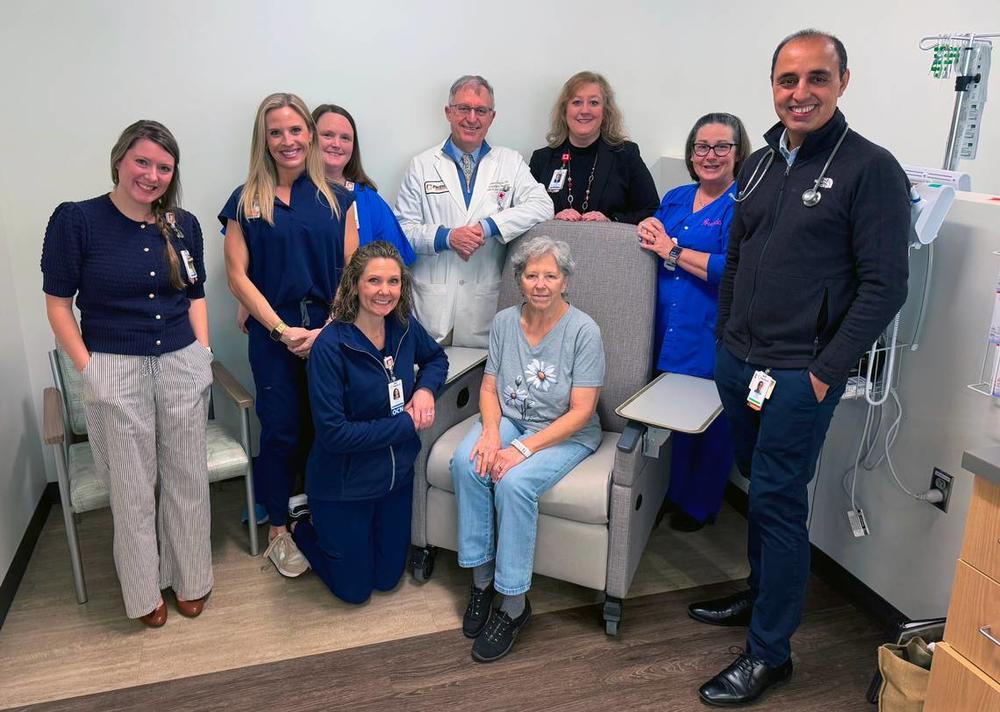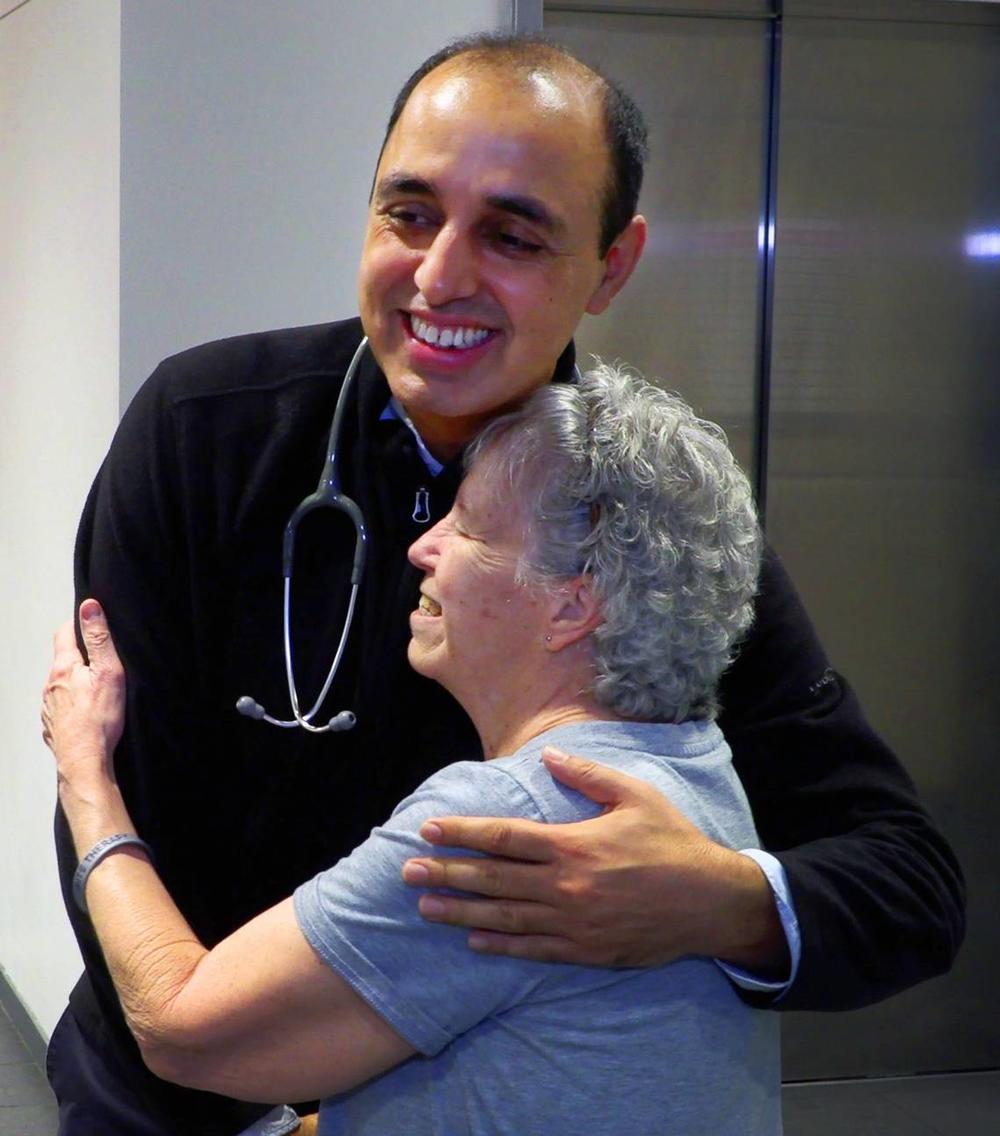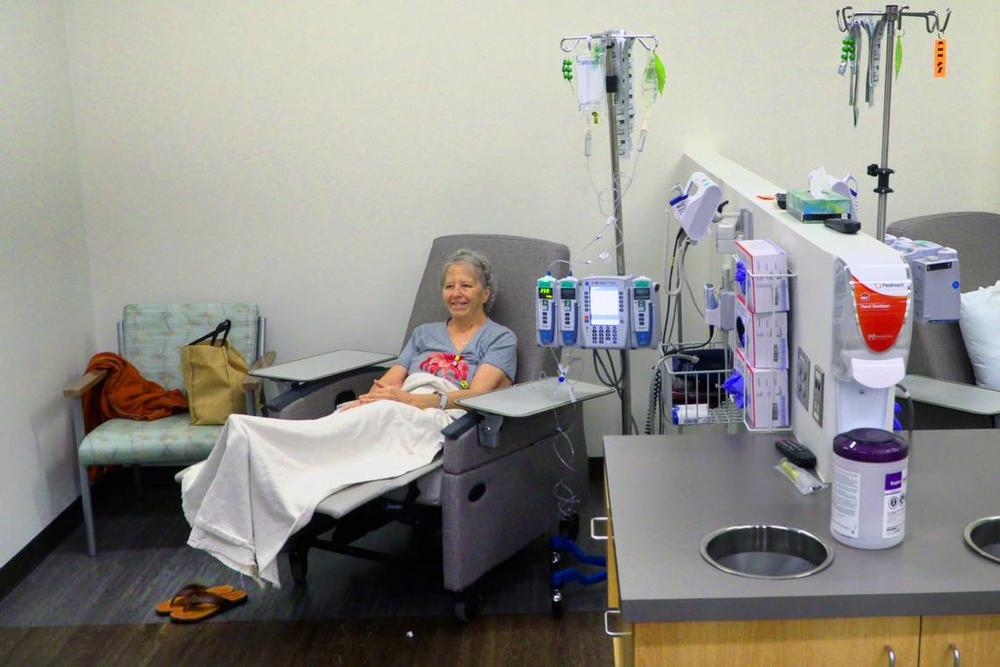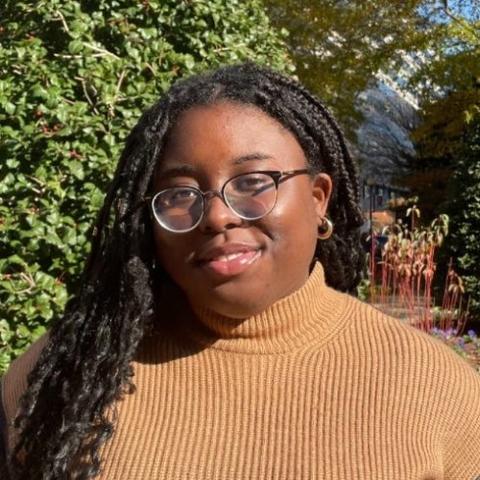
Caption
Susan Williams,seated center, a patient at the John B. Amos Cancer Center in Columbus, Georgia, is receiving a new cancer treatment known as Bispecific T-Cell Engager (BiTE) therapies on Feb. 11, 2025. Here, she is photographed with some of her care providers.
Credit: Mike Haskey/Columbus Ledger-Enquirer




